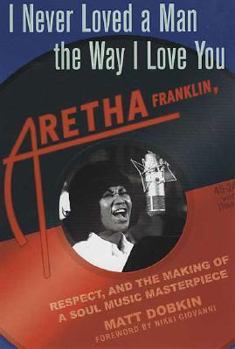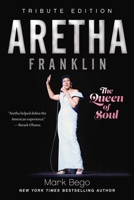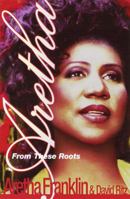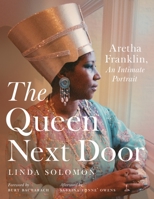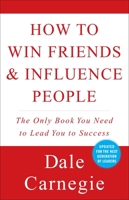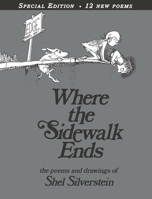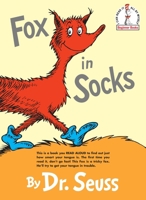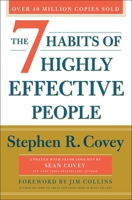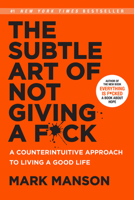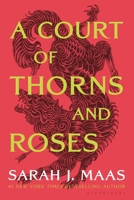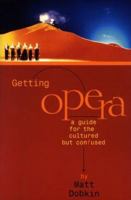I Never Loved a Man the Way I Love You: Aretha Franklin, Respect, and the Making of a Soul Music Masterpiece
Select Format
Select Condition 
You Might Also Enjoy
Book Overview
Customer Reviews
Rated 4 starsThe stories behind the making of Respect, Dr. Feelgood, and I Never Loved a Man
"I Never Loved a Man" is a music journalist's take on Aretha Franklin's groundbreaking album. Dobkin comes from a background in opera writing, and he writes with great appreciation and sensitivity about the music. You can tell that he enjoys listening to the music and trying to conquer the challenging task of describing tones with prose. He also interviews some of the key figures in the story such as Jerry Wexler of Atlantic...
0Report
Rated 5 starsA Day In The Life of Aretha
This book focuses on the career-making debut album of Aretha Franklin on Atlantic Records. A fascinating glimpse at the first-recorded track for the album, the title track, takes the reader back into a point in time when our country was on the verge of a musical revolution, never to look back. Pop music historians will savor the exquisite detail afforded the description of this initial music session held in Mussel Shoals,...
0Report
Rated 4 starsI Need Aretha
If there is anything that remains constant in my life, it is knowing that Aretha Franklin is a sister spirit and that her voice can help to calm me in the most torrential times. It seems that when I listen to Aretha she is speaking directly to me, telling me she knows what I am going through and that everything will turn out fine. Matt Dobkin revisits the recording of a 1967 album that shot Aretha Franklin to the highest level...
0Report
Rated 4 starsVery good book - Concentrates mostly on music!
Just read this after finding it in the library. The book is mostly about the recording of Aretha Franklin's "I Never Loved A Man" single and album. I love hearing the details about recording and music. The author has interviewed several of the original musicians, Jerry Wexler and even Ted White (Franklin's ex-husband). The book doesn't try to make anyone out to be totally bad. I was impressed by the author's take...
0Report
I Never Loved a Man the Way I Love You: Aretha Franklin, Respect, and the Making of a Soul Music Masterpiece Mentions in Our Blog

It's a screwball of a storyline; a couple of ne'er-do-wells embark on a "mission from God" to get their blues band back together in an effort to save the orphanage where they grew up. Throw in an outstanding supporting cast of world-class musicians, some unforgettable song-and-dance numbers, and you've got a cult classic.











